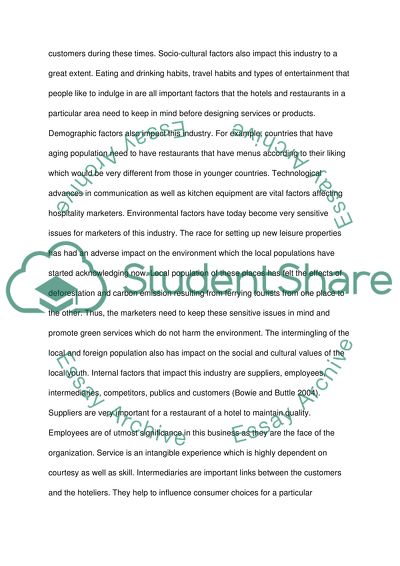Cite this document
(“Marketing in Hospitality industry Essay Example | Topics and Well Written Essays - 2500 words”, n.d.)
Retrieved from https://studentshare.org/marketing/1428624-marketing-in-hospitality-industry
Retrieved from https://studentshare.org/marketing/1428624-marketing-in-hospitality-industry
(Marketing in Hospitality Industry Essay Example | Topics and Well Written Essays - 2500 Words)
https://studentshare.org/marketing/1428624-marketing-in-hospitality-industry.
https://studentshare.org/marketing/1428624-marketing-in-hospitality-industry.
“Marketing in Hospitality Industry Essay Example | Topics and Well Written Essays - 2500 Words”, n.d. https://studentshare.org/marketing/1428624-marketing-in-hospitality-industry.


